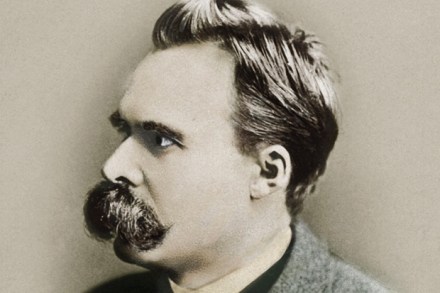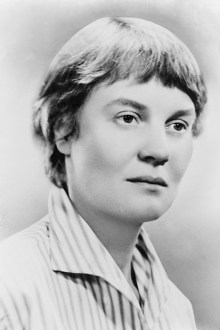Far from ideal
There were few subjects which escaped Oscar Wilde’s barbed wit: dentists, cynics, Americans, literary critics, democracy, the working classes, the middle classes, the upper classes and Bernard Shaw were all prey for his cutting paradoxes. Family, however, got off lightly. Not for Wilde the sinister or cruel depictions of relations which permeate the novels of Evelyn Waugh and find their dysfunctional climax in Brideshead. On the contrary, family is an affectionate theme running through most of Wilde’s work and is at the very heart of his masterpiece, The Importance of Being Earnest — a play whose plot rests on the fact that the leading protagonist has lost his parents. This














